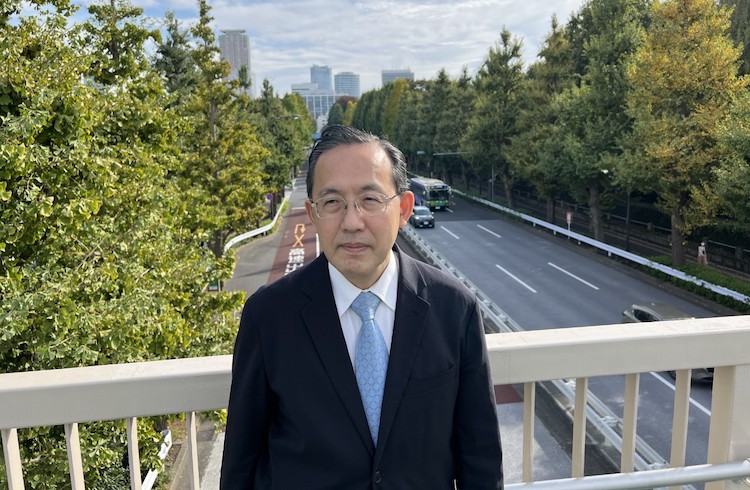Viewpoint by Tomohiko Aishima
The writer is the Executive Director of Peace and Global Issues, Soka Gakkai International
TOKYO (IDN) — While the Nuclear Non-Proliferation Treaty (NPT) Review Conference held this past summer failed to adopt a final document, the fact that the conference saw a repeated debate on reducing the risk of nuclear weapon use was a small but real, source of hope. Policies of No First Use (NFU) of nuclear weapons were referenced in early drafts of the final document for the first time in the conference’s history. JAPANESE
In this most turbulent year, where progress on nuclear disarmament has halted, we can still recognize multilateral progress being made on nuclear risk reduction.
On the first day of the general debate of the First Committee (October 3), Ms Izumi Nakamitsu, UN High Representative for Disarmament Affairs, stated: “I urgently appeal to all nuclear weapon-possessing states to commit to no-first-use of any nuclear weapon as an immediate measure to help save humanity from potential extinction.”
This call is in complete harmony with voices of deep concern raised by many non-nuclear weapon states and civil society representatives at the NPT Review Conference in August.
Among those voices was that of SGI President Daisaku Ikeda, who urged the five NPT nuclear-weapon states, which are also permanent members of the UN Security Council (P5), to abide by their January 3 Joint Statement on preventing nuclear war and immediately declare their commitment to the principle of NFU. He also called for this to be universalized as the security policy of all states possessing nuclear weapons, as well as the nuclear-dependent states.
The statements of states participating in the First Committee debate include a number that was significant in this context. First, the two nuclear-armed states that have already declared NFU, India and China, are promoting this policy as a global ideal. China then stated that nuclear-armed states should promise not to use nuclear weapons first and encouraged the P5 to establish a treaty on mutual no-first-use of nuclear weapons.
Further, the US held that the pursuit of risk reduction is prioritized in their nuclear policy. Russia responded by declaring that its own nuclear deterrence policy is purely defensive in nature. The UK and France have also voiced continued commitment to the January Joint Statement, which reaffirmed that a nuclear war cannot be won and must never be fought. This is the spirit that has long animated nuclear disarmament efforts, and it is vital that these statements made in the solemn presence of the international community be matched with commensurate action.
While risk reduction is not the same as disarmament, adopting NFU reduces the role of nuclear weapons in security policies. This can ease tensions heightened by a framing of global ideological struggle, enabling all parties to step back from the precipice, disrupting self-reinforcing cycles of fear and mistrust, and creating the conditions for a renewal of meaningful negotiations toward nuclear disarmament.
The following words are attributed to Shakyamuni Buddha when he was mediating a conflict between two communities over water rights: “Look at those who fight, ready to kill! Fear arises from taking up arms and preparing to strike.” These words attest to the reality that an authentic, sustained sense of security cannot be realized through increasing armaments but that, rather, such actions exacerbate feelings of dread, mutual suspicion and actual risk. As Ms Nakamitsu notes, in the case of nuclear weapons, the dangers are existential.
All states should seize this opportunity to call for NFU by the nuclear-armed states and to support this principle, effectively extending negative security assurances to all non-nuclear-weapon states.
It goes without saying that a world without nuclear weapons is the crucial goal that must be realized to ensure all members of the human family have their inherent right to live. The path to that goal is undergirded by the clear recognition that nuclear weapons must never be used and that effective measures be taken to prevent this dire eventuality. [IDN-InDepthNews – 11 November 2022]
Photo: Mr Tomohiko Aishima, Executive Director of Peace and Global Issues, SGI. Credit: Soka Gakkai International




